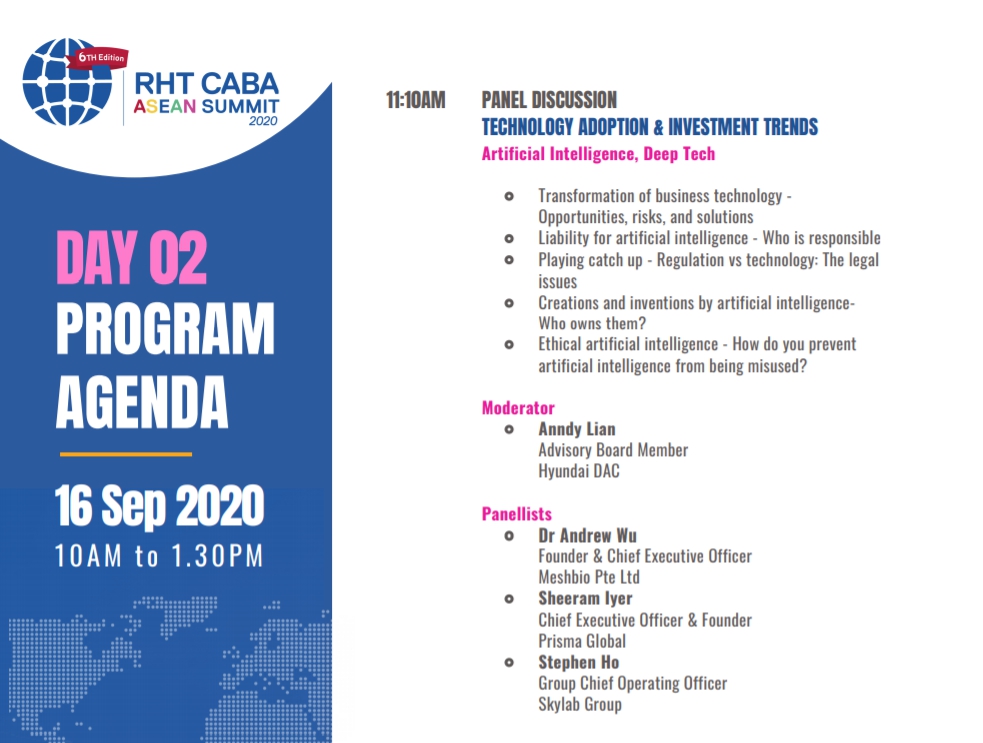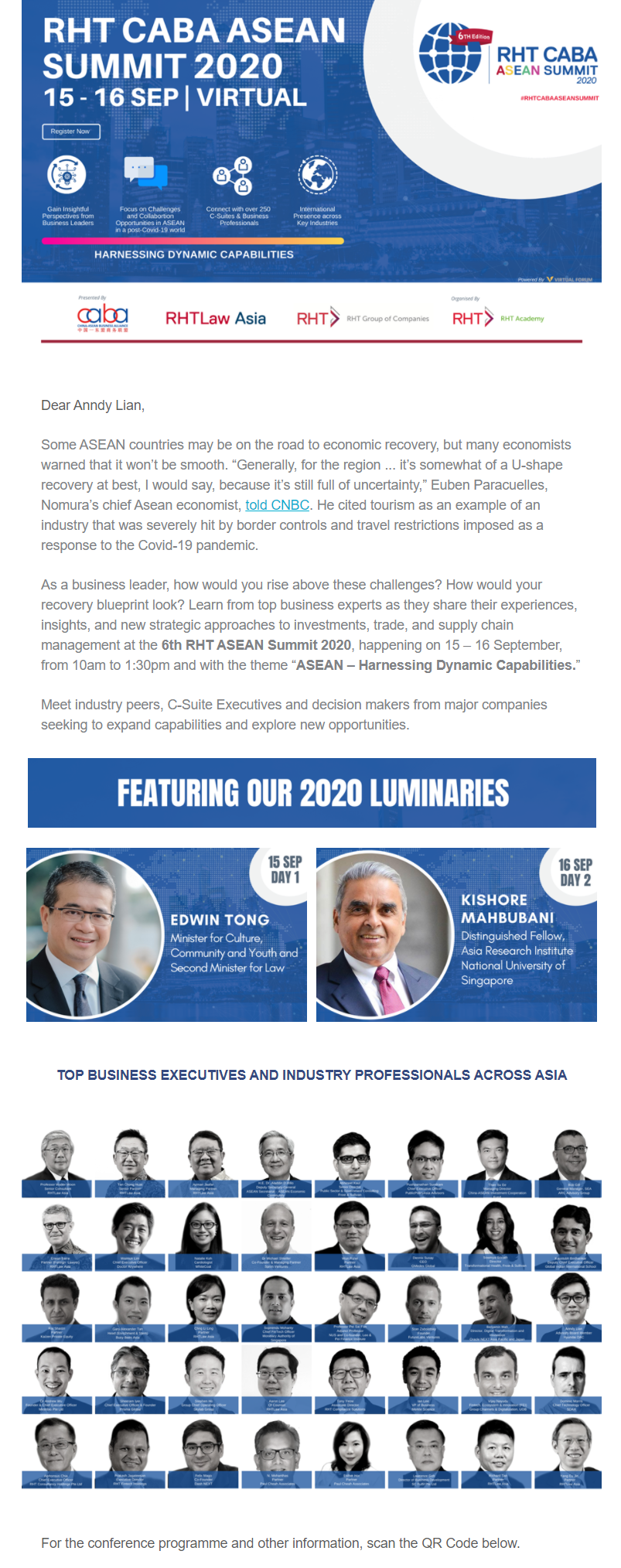Let me bring up this misconception about NFTs that “NFTs are dead”. I chatted with an editor, and he said NFTs are over; they cannot be the next big thing; the hype is over. This is 100% wrong. At the time of writing, Donald Trump’s NFT collection sold out. 45,000 NFTs sold for $99 each in 12 hours. Seems like the NFT is very much alive.
An NFT, or non-fungible token, is a unique digital asset that cannot be exchanged for other assets on a one-to-one basis. NFTs are often used to represent ownership of digital items, such as art, collectibles, and other unique digital assets. They are typically built on blockchain technology, which allows them to be traded securely and verifiably on the internet. The NFT will always be on the blockchain and not disappear. They are certainly not constrained to profile pictures, which many deem useless.
NFTs can be bought and sold like other assets. Their value can fluctuate depending on several factors, including the perceived value and uniqueness of the digital asset, the creator’s popularity, and the market’s current state. In the case of Donald Trump’s NFT, it answers all the factors above.
Trump is popular and has strong supporters. The current state of the market has been down for months. Trump and his team caught the right timing and gave the down NFT market a push, feeding both crypto natives and non-natives an NFT that seems to be what they want. It also appears to be portraying Trump as a hero.
I saw posts saying: “We need a hero now to save the country from recession.”. Again, I think Trump caught the right angle fitting the current narrative to “save the day”.
The thought that NFT is dead to me is a misconception.
Let’s walk you through 10 misconceptions that I see often.
- NFTs are only used for buying and selling digital art. While NFTs are often used for buying and selling digital art, they can also be used for a wide range of other purposes, including representing ownership of physical assets, collecting unique digital items in games, and verifying the authenticity of digital content.
- NFTs are always a good investment. The value of an NFT can fluctuate just like any other asset, and the market for NFTs is still relatively new and volatile. It’s essential to do your own research and invest wisely.
- NFTs are only usable on the blockchain where they were created. While an NFT may be created on a specific blockchain, it can often be used on other platforms that support that type of NFT. For example, an NFT built on the Ethereum blockchain can often be used on other applications and platforms that support Ethereum-based NFTs.
- NFTs are a form of cryptocurrency. While some NFTs may be bought and sold using cryptocurrencies, NFTs are not themselves a form of cryptocurrency. NFTs are unique digital assets that can be traded on a blockchain, while cryptocurrencies are digital currencies that use blockchain technology for transactions.
- NFTs are always expensive. The price of an NFT can vary widely depending on a number of factors, including the uniqueness and perceived value of the digital asset, the creator’s popularity, and the market’s current state. Some NFTs may be relatively inexpensive, while others can sell for thousands or even millions of dollars.
- NFTs are not subject to counterfeit.
While the use of blockchain technology makes it difficult to counterfeit NFTs, it is not impossible. It’s important to do your own research and verify the authenticity of an NFT before buying it.
- NFTs are not subject to any regulations. Like any other asset, the buying and selling of NFTs may be subject to certain regulations, depending on the jurisdiction and the specific nature of the NFT. It is a must for you to familiarize yourself with the relevant laws and regulations before buying or selling NFTs.
- NFTs are not environmentally friendly. The use of blockchain technology for NFTs can require a significant amount of energy, which has raised concerns about their environmental impact. However, some blockchain platforms are implementing measures to reduce their energy consumption, and the overall impact of NFTs on the environment is still a topic of debate.
- NFTs are not useful for anything other than buying and selling digital art. As mentioned above, NFTs have a wide range of potential uses beyond buying and selling digital art. They can be used for representing ownership of physical assets, verifying the authenticity of digital content, and many other purposes.
- NFTs are a passing fad. While the popularity of NFTs may fluctuate over time, the use of blockchain technology for representing and trading unique digital assets is likely here to stay. As the technology and infrastructure around NFTs continue to evolve, their potential uses and applications may continue to expand.
It is true that NFTs are digital assets that are unique and cannot be exchanged for other assets on a one-to-one basis. It is also true that NFTs are often built on blockchain technology and can be bought and sold like other assets.
It is untrue that NFTs are only usable on the blockchain where they were created, that they are always a good investment, or that they are not subject to counterfeiting or regulations. It is also untrue that NFTs are only useful for buying and selling digital art or that they are a passing fad.
It is important to understand what NFTs can really do, and what they cannot do. This will help you make better decisions when it comes to buying, selling, or using NFTs.
NFTs don’t work the way you might think.
Here are some key things to consider when it comes to the capabilities and limitations of NFTs:
• NFTs can represent unique digital assets and verify their ownership, but they cannot guarantee the value or quality of the underlying asset. • NFTs can be traded on the internet, but their value can fluctuate and is not guaranteed. • NFTs can be used on various blockchain platforms and applications, but they may not be compatible with all systems. • NFTs can provide some protection against counterfeiting, but they are not immune to it. • NFTs may be subject to certain regulations, depending on the jurisdiction and the nature of the NFT. • The environmental impact of NFTs and their potential uses beyond buying and selling digital art are still being explored and debated.
Huobi’s recent crypto report stated that NFT is one of the most discussed crypto term worldwide. NFT is well integrated with various industries, such as sports, arts, entertainment, and cultural creations, expanding the application scenarios on a larger scale. The same report also stated that Asia has a top interest in NFT. NFTs have recently been recognized to be virtual property subject to legal protection by mainland Chinese courts. This is a significant move in light of the nation’s strict crypto crackdown, which started in 2021. I am bullish on NFT, honestly.
I am ending with a quote and some food for thought.
“If you do not have a digital asset, make an NFT. It will also address many misconceptions you hear from the media or friends. First-hand experience will change your mind. This action will also open thousands of new opportunities for you and the next generation.” – Anndy Lian (me)
Whatever the case, it’s important to do your research and carefully consider the potential risks and benefits of NFTs before buying, selling, or using them. It would help if you experienced it. Not just hearsay.
Source: https://hackernoon.com/nfts-dont-work-the-way-you-might-think-misconceptions-about-nfts


Anndy Lian is an early blockchain adopter and experienced serial entrepreneur who is known for his work in the government sector. He is a best selling book author- “NFT: From Zero to Hero” and “Blockchain Revolution 2030”.
Currently, he is appointed as the Chief Digital Advisor at Mongolia Productivity Organization, championing national digitization. Prior to his current appointments, he was the Chairman of BigONE Exchange, a global top 30 ranked crypto spot exchange and was also the Advisory Board Member for Hyundai DAC, the blockchain arm of South Korea’s largest car manufacturer Hyundai Motor Group. Lian played a pivotal role as the Blockchain Advisor for Asian Productivity Organisation (APO), an intergovernmental organization committed to improving productivity in the Asia-Pacific region.
An avid supporter of incubating start-ups, Anndy has also been a private investor for the past eight years. With a growth investment mindset, Anndy strategically demonstrates this in the companies he chooses to be involved with. He believes that what he is doing through blockchain technology currently will revolutionise and redefine traditional businesses. He also believes that the blockchain industry has to be “redecentralised”.




